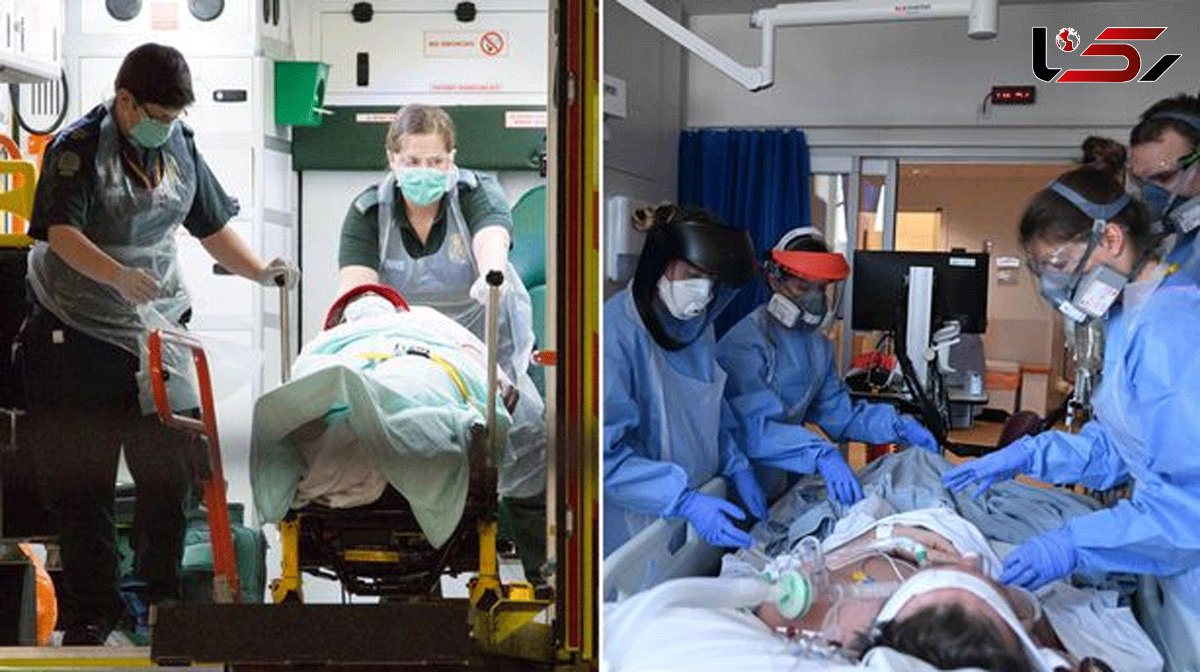New coronavirus strain '50 per cent more contagious' as PM 'considers ban on travel'
Rokna: The Covid strain is currently ripping through the southeast at 'frighteningly transmissible' speeds. In a bid to stop the spread, Boris Johnson could hit parts of England with strict travel restrictions just days before Christmas, reports claim

The Covid strain is currently ripping through the southeast at 'frighteningly transmissible' speeds.
In a bid to stop the spread, Boris Johnson could hit parts of England with strict travel restrictions just days before Christmas, reports claim.
The Prime Minister is said to be considering a travel ban that could take effect as early as Saturday.
The measure could be rushed through after he was given worrying new evidence of the virulence of the new mutant strain of Covid-19, The Telegraph reported tonight.
Mr Johnson was reportedly in emergency talks with senior Cabinet members last night concerning measures to stop the strain spreading beyond London and the South East.
He may announce the new travel advice on Saturday, according to Whitehall sources.
According to The Sun, a source said that the latest strain was 50 percent more contagious.
A government source said: "What we do not know yet is whether the new strain is more or less likely to cause you harm, but what we have learnt is that it will pass to person to person much more easily and that is what we are really worried about."
Millions more people in England are entering the toughest coronavirus restrictions amid fears a new variant is accelerating the spread of the disease.
Professor Sir Mark Walport - a member of the Government's Scientific Advisory Group for Emergencies (Sage) - said there was a real possibility that it could have a "transmission advantage".
"What happens with viruses is they do naturally mutate all the time and the ones that are likely to do well are the ones that increase transmission," he told BBC2's Newsnight.
"We know that this is a new variant, it has been seen in other countries but it seems to be quite widespread which suggests that it has got a transmission advantage.
"Scientists are working extremely hard to work out what is going on. But it does definitely seem possible that this transmits more easily.
"It will make the social-distancing even more critical."
Downing Street would not comment on reports that among the measures being considered by ministers were new travel restrictions for the South East of England.
However, the meeting comes as large parts of the region were following London and large parts of Essex and Hertfordshire, which entered the toughest Tier 3 restrictions earlier this week.
The NHS in Kent announced that it was suspending non-urgent hospital procedures as it was treating double the number of patients it had at the peak of the first wave in April.
Meanwhile, latest figures from Sage showed the reproduction number, or R value, of coronavirus transmission across the UK is estimated to have risen to between 1.1 and 1.2 - which means the spread of the disease is accelerating.
With fears that the relaxing of the restrictions over Christmas could lead to a further upward spike, Mr Johnson on Friday refused to rule out the possibility of a third national lockdown for England in the new year.
"We're hoping very much that we will be able to avoid anything like that. But the reality is that the rates of infection have increased very much in the last few weeks," he told reporters during a visit to Bolton.
In Scotland, Health Secretary Jeane Freeman said the option for a post-Christmas lockdown "remains on the table", while Northern Ireland and Wales are braced for fresh lockdowns following the festive period.
Sir Mark said the country was in a "serious situation" as it headed towards the new year.
"The infection numbers are very high indeed at the moment. It is rising quite rapidly in London, in the South East in the East of England," he said.
"Even in the parts of the country where the infection is coming under control the cases remain stubbornly high so the NHS is under great pressure.
"We are going into January in quite a serious situation where we do need quite strong measures to socially distance and if the virus is changing then that makes it even more imperative."
The latest tiering changes in England - which came into force on Saturday morning at one minute past midnight - mean 38 million people are now living in Tier 3, 68% of the population of England.
Those areas moving into the highest tier are Bedfordshire, Buckinghamshire, Berkshire, Peterborough, the whole of Hertfordshire, Surrey with the exception of Waverley, Hastings and Rother on the Kent border of East Sussex, and Portsmouth, Gosport and Havant in Hampshire.
Bristol and North Somerset have moved down from Tier 3 to Tier 2 while Herefordshire drops into Tier 1 - even though the county's public health director raised concerns about the relaxation.
Elsewhere in the UK, Northern Ireland will see a six-week lockdown from December 26 to curb rising cases - with the closure of non-essential retail and contact services, as well as restricting the hospitality sector to takeaway only.
Wales will go into its third full lockdown from December 28 amid a "sustained rise in coronavirus".
Mirror

Send Comments